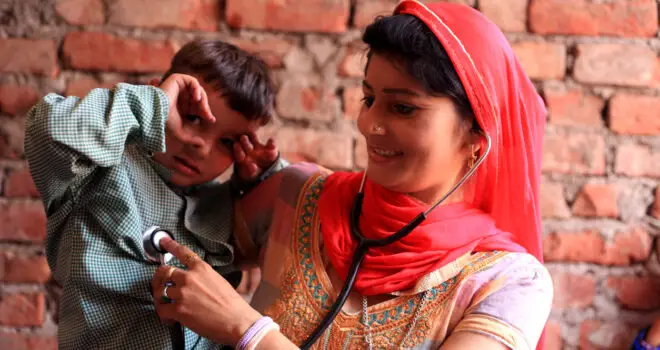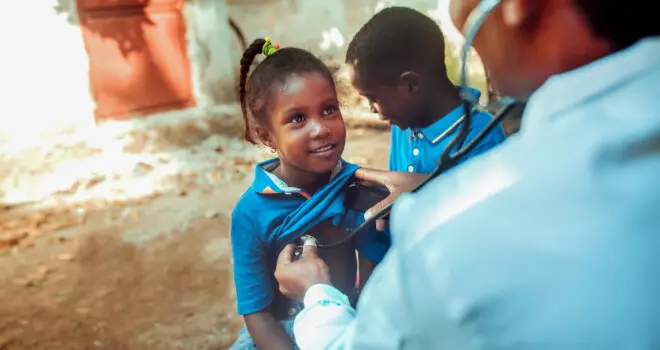This is a statement made at the 74th Session of the WHO Regional Committee of the South-East Asia on Agenda Item 8.2: Annual report on monitoring progress on UHC and health-related SDGs.
Honourable Chair, distinguished delegates,
The World Heart Federation, supported by Southeast Asian Regional NCD Alliance and Healthy India Alliance, welcomes the Committee’s report. We commend its recognition of strong, resilient health systems as the foundation for attaining universal health coverage (UHC) and the progress made by Member States in the region towards achieving it.
The 2030 Agenda is the first UN global development agenda to establish action on NCDs, which were absent from the Millennium Development Goals, as a vital element of achieving sustainable development. As Southeast Asian Member States continue to strive toward the prevention, detection and control of NCDs, the need for urgent action is on cardiovascular disease (CVD) is thrown into sharp relief: out of the 4 major NCDs, CVD represents the highest burden of disease in the region, resulting in 1.6 million lives lost annually. The economic case for action is also compelling, with the cost of tackling NCDs outweighed by the cost of inaction: it is estimated that NCDs will cost more than $30 trillion globally over the next 20 years.
Unless we tackle NCDs, full achievement of the SDGs cannot be realized. Conversely, fulfilling the various SDGs can create a virtuous cycle of good governance, health and sustainable development. For example, investment in infrastructure and security that supports active transport and free open-air exercise in community parks can promote physical activity and reduce air pollution, while taxes on tobacco and sugar-sweetened beverages can reduce CVD risk factors and fund other interventions aimed at tackling the burden of NCDs, if indeed the funds are dedicated for this purpose.
To help SEARO Member States achieve progress in reducing their NCD burden and move towards the 2030 goals, we make the following recommendations:
- Pursue opportunities to integrate NCD interventions across the health system, and in cross-sectoral development plans recognising the need to address inequities within countries and support vulnerable populations.
- Strengthen policies and increase resources devoted to tackling NCDs through sustainable and cost-effective measures, such as taxes on tobacco and sugar-sweetened beverages and legislation regulating the marketing of unhealthy products to children
- Increase access to essential medicines and technologies for NCDs, as outlined in the WHO PEN and HEARTS packages
The World Heart Federation reaffirms its support for all Member States in the Southeast Asian Region as they continue their progress towards Universal Health Coverage and the Sustainable Development Goals.


